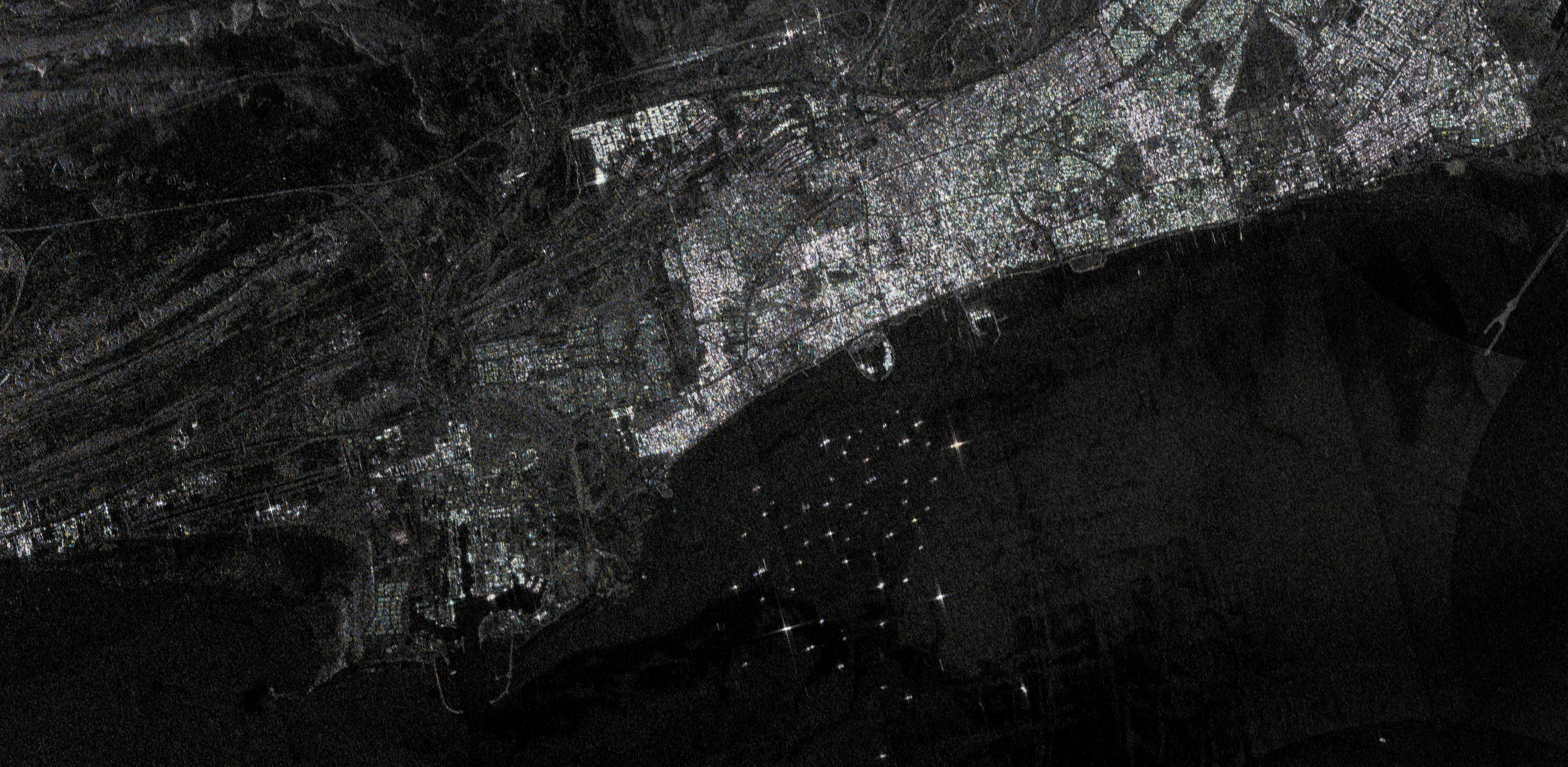Wolverine Radar
See the world with new clarity.
Accelerating a Digitized Earth
Synthetic Aperture Radar (SAR) satellites are powerful tools to measure millimeter-level changes on the Earth's surface. Satellite designs are undergoing exponential improvements as electronics, launch, and communications are being supercharged by private investments.

Contains modified Copernicus Sentinel data 2023

Sentinel 1B Satellite in development, image courtesy of European Space Agency.
Free data sources such as Sentinel 1 and NISAR are used by more than ten thousand researchers in academia and private enterprise throughout the world, but these satellites are government-built and contain old technology that leaves gaps in scientific understanding of the planet.
Our Mission
Increase
the number of InSAR-capable satellites on orbit
Improve
the quality of the data the satellites produce.
Empower
researchers to build new applications for the data
Our Technology
Our algorithm “Sliding Full Aperture” processing fuses collected “bursts” of TOPSAR (InSAR) collections to create large synthetic apertures with up to 80x the signal content as compared to traditional processing approaches
Contains modified Copernicus Sentinel data 2023
Our Strategy
Builders
Lower the cost of new satellites through turn-key modeling software and ground processing solutions


Users
Improve the quality of existing sensor data to grow the market size and lower the cost of quality derived products
Researchers
Create flexible processing software that enables rapid innovation and new product development to expand the user base and apply the technology to more market verticals.

Image courtesy of David Pyle, via Wikimedia Commons. Licensed under CC BY-SA 4.0 .